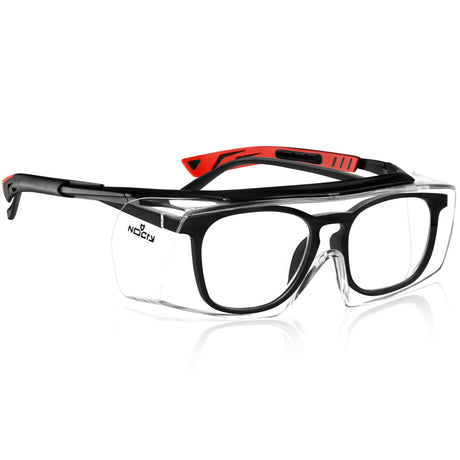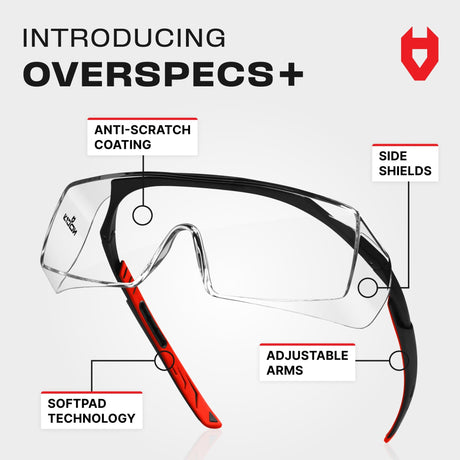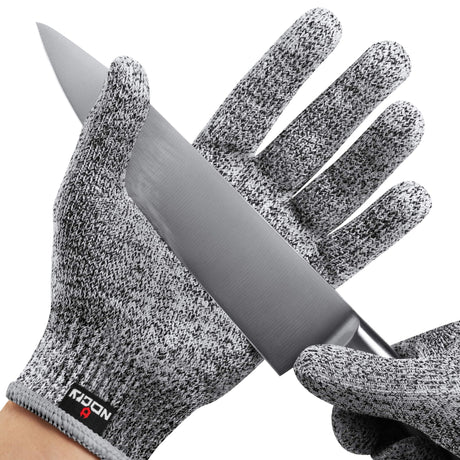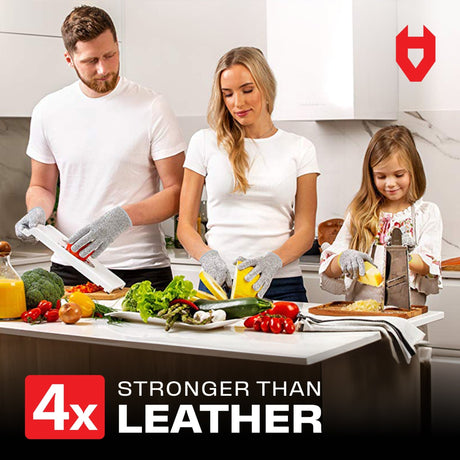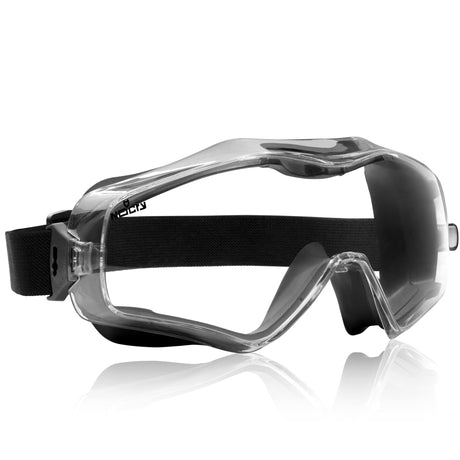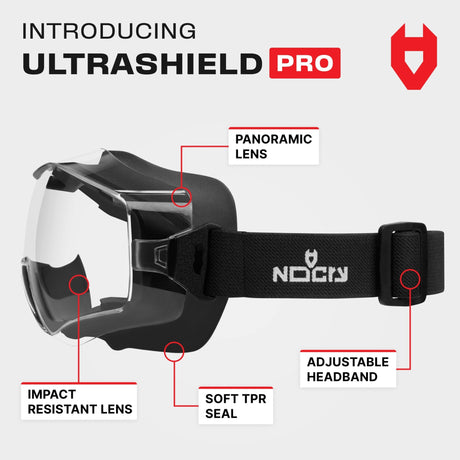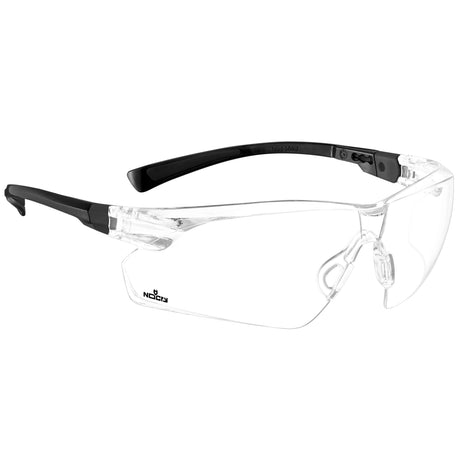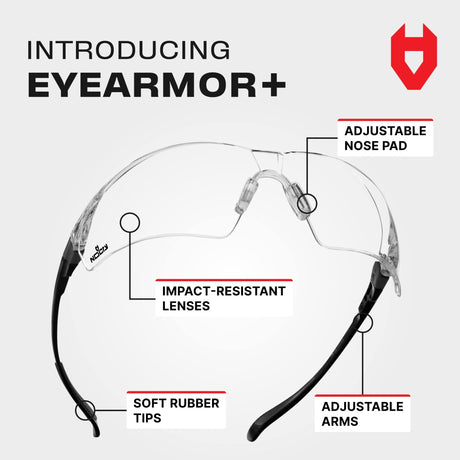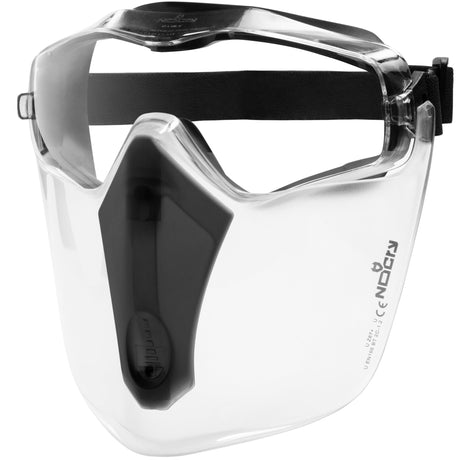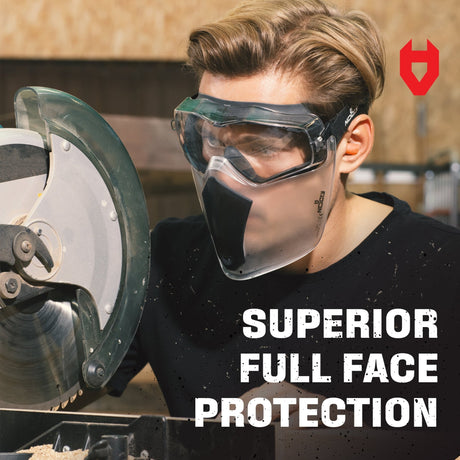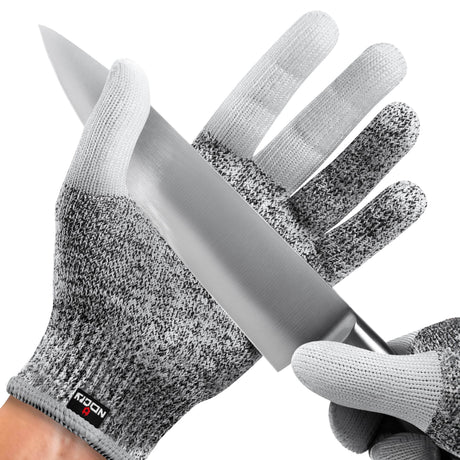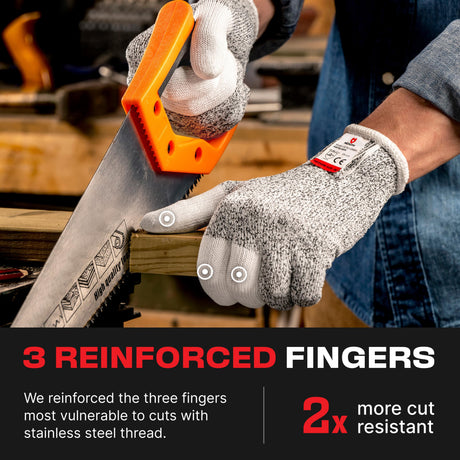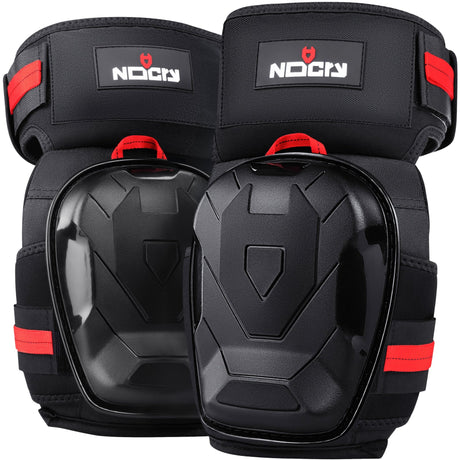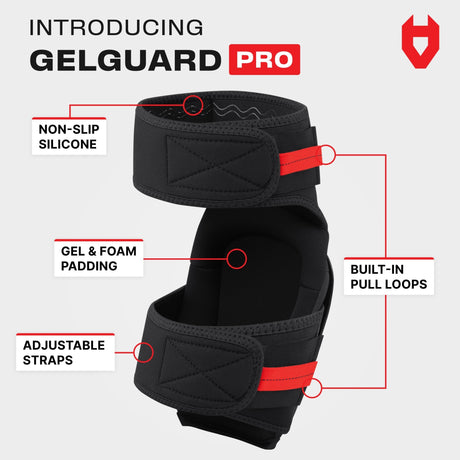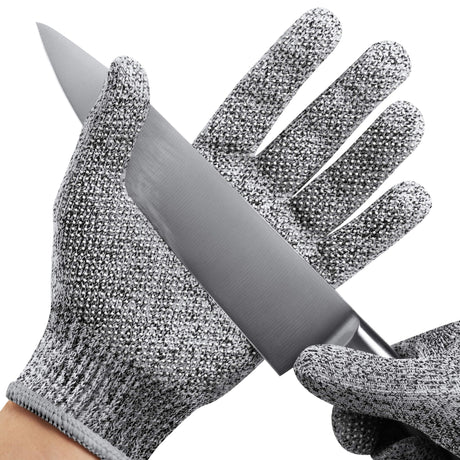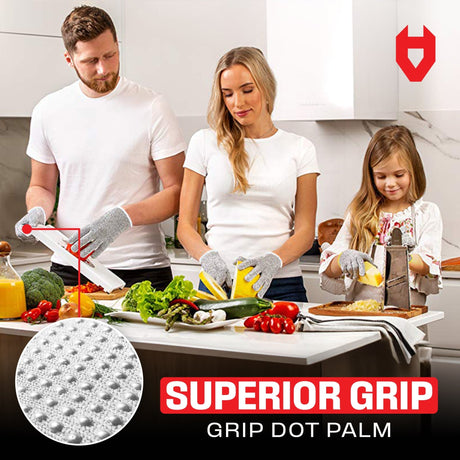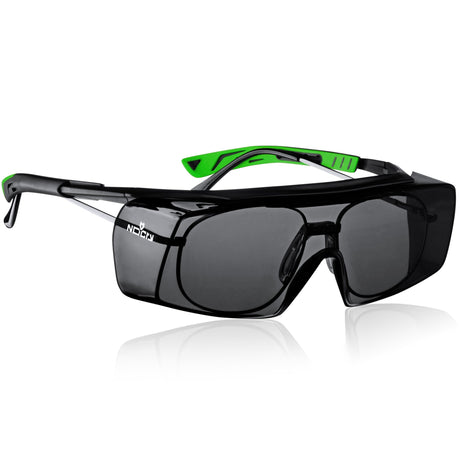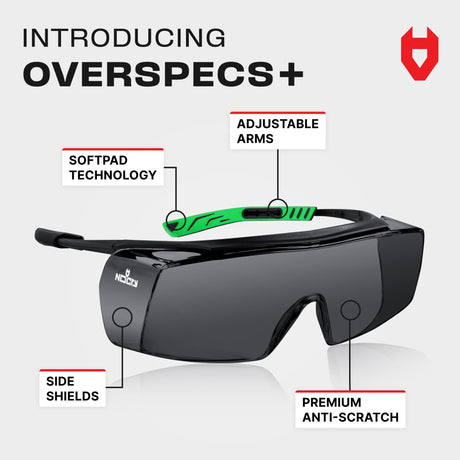Key Takeaways
- Goggles seal around the eyes, offering strong protection from dust, splash, and impact hazards.
- Face shields cover the full face, which is ideal for high-speed debris or chemical exposure.
- Face shields don’t seal around the eyes, so for high-risk environments, pairing them with goggles — or using a combo product — adds protection.
- Your choice depends on the type of hazard, comfort, and duration of wear.
- Some companies offer a 2-in-1 face shield and goggles combo, giving you the benefits of both in one product.
What’s the Difference Between a Face Shield vs Goggles?
The key difference in the face shield vs goggles debate is coverage vs seal.
Goggles are designed to fit snugly around the eyes, forming a protective seal that blocks dust, splashes, and flying particles. They’re a staple in construction, woodworking, and chemical work.
Face shields, on the other hand, cover the entire face. They’re ideal when you need protection not just for your eyes but also your nose, mouth, and facial skin, especially in jobs involving grinding, sawing, or splatter.
However, face shields often leave gaps around the eyes, which is why they’re typically worn with goggles underneath for full protection.
When Should You Wear Safety Goggles?
Choose goggles when your primary concern is eye protection, especially in tasks involving:
- Flying debris
- Chemical splashes
- Dust or airborne particles
Goggles are lighter and more compact than face shields. They’re also better suited to tight workspaces, where full-face gear may feel bulky.
Just make sure your goggles meet ANSI Z87.1 or another relevant safety standard for your industry.
When Should You Wear A Face Shield?
Face shields are better when your job involves risks that go beyond the eyes, such as:
- Grinding sparks
- High-speed projectiles
- Splatter from molten materials or chemicals
They offer more facial coverage and can prevent surface-level injuries to the cheeks, chin, or forehead. However, they’re not meant to replace goggles, especially if particles could still reach your eyes from below or the sides.
Can You Combine Goggles and a Face Shield?
Many workers combine the two for maximum protection, especially in high-risk jobs. But instead of layering gear that may not always fit well together, some prefer combo PPE solutions.
NoCry offers a 2-in-1 face shield and goggles system that provides a sealed fit around the eyes with a clear face shield that protects the rest of your face. It’s a practical choice for those who want full coverage without wearing multiple pieces of equipment.
These hybrid tools are perfect for jobs where both comfort and full-face protection are non-negotiable.
So, Which Is Better?
There’s no universal winner in the face shield vs goggles question. It depends on the job:
- Eye-specific risks? Go with goggles.
- Full-face risks? Choose a face shield.
- Both? Either wear both together, or try a combo unit.
Conclusion
The right choice depends on your job, the hazards you face, and what you’re most comfortable wearing all day.
The right PPE should protect you without getting in your way. Make sure your gear fits, meets safety standards, and fits the demands of your day.
FAQ
Is a face shield enough on its own?
Not usually. Face shields protect your face but leave gaps around the eyes. Pair with goggles or use a combo system for full protection.
Can I wear glasses under goggles or a face shield?
Yes. Look for OTG (over-the-glasses) goggles or adjustable face shields that accommodate prescription eyewear.
Do face shields replace safety goggles?
No. They serve different purposes. Goggles protect your eyes from impact or splash; face shields protect your face from flying materials or splatter.
Are 2-in-1 shield/goggle combos safe?
Yes—if they meet ANSI Z87.1 standards. The NoCry UltraShield Pro Anti-Fog Safety Goggles + Facemask combo is reliable with a sealed fit and wide face protection.
Is it safe to reuse face shields and goggles?
Yes, if they’re cleaned properly and not damaged. Always inspect for cracks, wear, or cloudiness before reusing.







